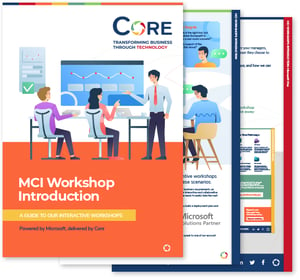In past blogs, we’ve looked at the reasons why an organisation might outsource their IT, the benefits outsourcing can bring, and also, reasons why a company may choose to keep IT in-house. There are many factors driving IT outsourcing, and it is a growing trend. In 2017, there was a 31% increase in IT services being outsourced.
Every organisation has different and unique IT requirements, so a one-size fits all approach doesn't work. For this reason, Managed Services Providers offer a range of IT services and can take care of every aspect of your IT or just some parts. For many organisations, a hybrid approach - keeping some elements in-house while outsourcing others - is most effective.
Today, we look at the most commonly outsourced IT roles and the reasons why these in particular, are the most likely to be outsourced.
What are the most commonly outsourced IT roles?
Security
Data hacks are becoming more frequent and more severe, and with GDPR now in place the repercussions of a data breach are also more serious.
Because of this, organisations are choosing to put their security in the hands of a professional Managed Services Provider (MSP). Outsourcing gives you access to robust protection that comes with cutting-edge security software and might otherwise be prohibitively expensive if a business was to buy it themselves.
With a team of experts monitoring your systems 24/7 you can also enjoy better threat detection and quicker incident response times. Another added bonus of outsourcing security is that your software will be upgraded on an ongoing basis by your provider, at no extra cost.
IT Service Desk (Help Desk)
Outsourcing your IT help desk (also known as a service desk) can relieve your in-house IT of the burden of solving daily IT issues and free them up to focus on the bigger picture.
You will also get the benefit of a service desk manned 24/7, with quick response times and the expertise to deal with anything from a minor issue to something more serious.

Identity and Access Management
Most organisations now run multiple systems at the same time, which leads to complex access and identity needs. These can be a challenge to manage in-house, particularly in large organisations, so outsourcing Identity and Access Management (IDAM) can take this problem away.
Using an MSP for Identity as a Service means that your IDAM is taken care of on an ongoing basis, with watertight measures in place to control user access and protect sensitive data. Leavers have their rights removed fully and quickly, and new starters can be onboarded equally as fast.
IDAM is set to become an even bigger area of focus for MSPs as organisations increasingly choose the cloud for their IT infrastructure. Which leads us nicely to the next commonly outsourced function…
Cloud Services
Today, the success of nearly every business rests on their IT infrastructure: its efficiency, its effectiveness and its security.
Managing and maintaining IT in-house can be a challenge. There are high costs associated with it and increasing security risks to navigate and be aware of. For this reason, cloud computing, storage and virtual desktops are an attractive alternative; they’re not only safe, but cost-effective too.
Many organisations choose to use a third-party provider to provide cloud services and to migrate them to the cloud, so that they can make the change with minimal disruption, no downtime and no data loss.
If you think your organisation could benefit from outsourcing most, some or all of your IT, then speak to Core today. You can contact us by filling in this form, or calling +44 20 7626 0516.
If you've already made the decision to outsource your IT, read our blog on the must-ask questions you should put to a potential Managed Services Provider.






